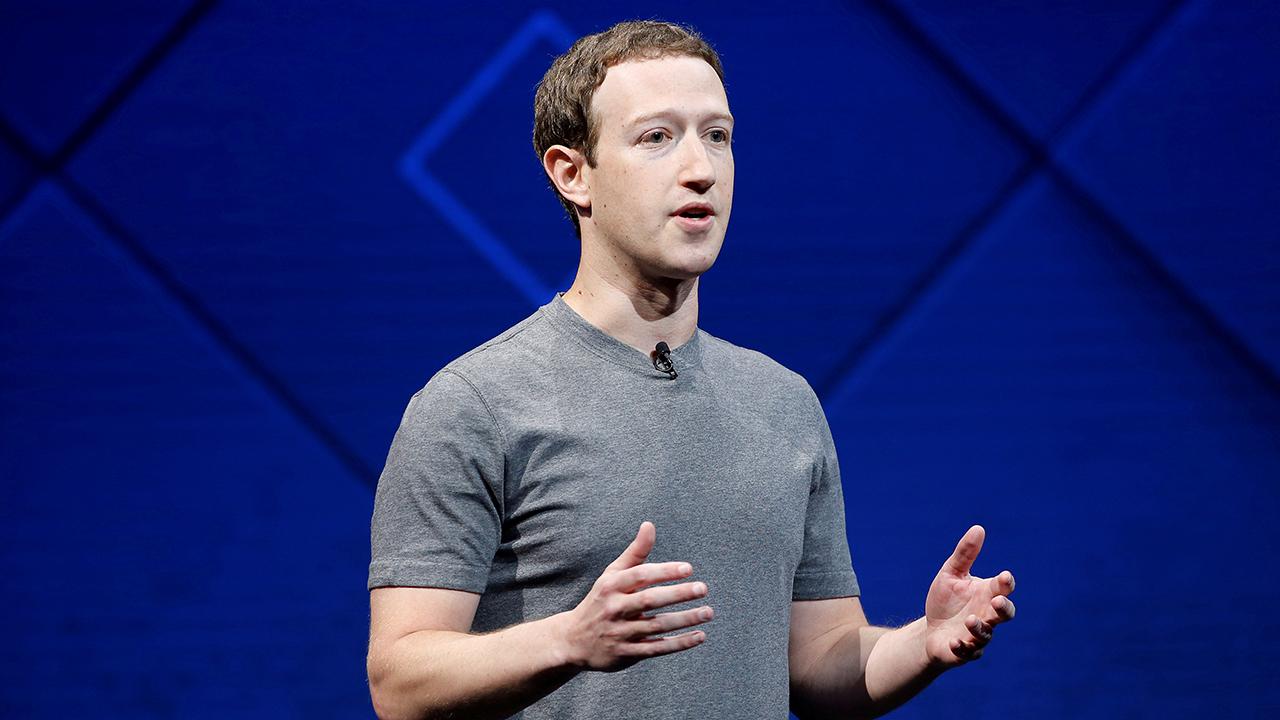Facebook users believe more than half of fake news is true, study finds
When it comes to determining whether something on Facebook is legit or bogus, you may not be as savvy as you think.
Participants in a recent study only correctly assessed whether headlines on social media were true or false 44 percent of the time. People were also more likely to believe headlines that aligned with their political beliefs, according to the study, which was published in the latest issue of the journal MIS Quarterly.
“We all believe that we are better than the average person at detecting fake news, but that’s simply not possible,” lead author Patricia Moravec said in a press release. “The environment of social media and our own biases make us all much worse that we think.”
In 2016, Facebook began using third-party fact-checkers to place warnings on stories with “disputed” accuracy. However, the study found the "disputed" tag basically “had no effect.” While people spent slightly more time thinking about a story tagged by fact-checkers, it didn’t change their beliefs.
It also didn’t matter whether participants identified as Democrats or Republicans, according to Moravec, an assistant professor at the University of Texas McCombs School of Business. Their ability to detect fake news was unaffected by their political affiliations.
MORE AMERICANS GETTING NEWS FROM SOCIAL MEDIA DESPITE TRUST ISSUES, POLL SAYS
GET FOX BUSINESS ON THE GO BY CLICKING HERE
Social media platforms have faced scrutiny recently over their struggles to curb the spread of misinformation, especially as the 2020 election approaches. Facebook has said “malicious actors” used it to spread confusion and sow distrust with misinformation ahead of the 2016 election.
A poll from the Pew Research Center last month found that more Americans are getting their news from social media. Facebook was the most popular social media news source, with 71 percent of U.S. adults saying they use the site.
Twitter CEO Jack Dorsey recently announced that the company was banning paid political advertisements from its platform. Google executives have also reportedly mulled changes to its political ad policy. But Facebook CEO Mark Zuckerberg said last month that the company considered, but ultimately decided against, banning political ads.
The social media companies have also been targeting the accounts used to spread lies and propaganda. In September, Twitter said it purged thousands of accounts connected to foreign government disinformation campaigns. Facebook has made similar moves.
FACEBOOK DUMPS ‘BAD ACTOR’ APPS, TWITTER PURGES ACCOUNTS TIED TO MISINFORMATION CAMPAIGNS
But while social media companies can ban people maliciously spreading lies, they may not be able to stop people you know from doing it accidentally. Moravec said people on social media are generally there for entertainment and can easily be prone to ignoring information inconsistent with their personal beliefs.
“The fact that social media perpetuates and feeds this bias complicates people’s ability to make evidence-based decisions,” she said. “But if the facts that you do have are polluted by fake news that you truly believe, then the decisions you make are going to be much worse.”




















